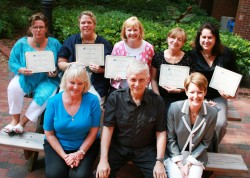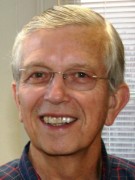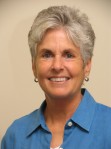Posts
https://education.ufl.edu/news/files/2019/07/News-1-300x65.png
0
0
https://education.ufl.edu/news/files/2019/07/News-1-300x65.png
2013-01-01 10:51:462016-06-14 14:57:45UF EXPLORE MAGAZINE: U-FUTuRES
https://education.ufl.edu/news/files/2019/07/News-1-300x65.png
0
0
https://education.ufl.edu/news/files/2019/07/News-1-300x65.png
2011-06-30 11:31:312016-05-03 16:08:09Middle school reform is goal of professors, local educators in UF scholars program
https://education.ufl.edu/news/files/2011/09/Spec.-Ed-IES-grant-faculty-8-11-005.jpg
2848
4288
https://education.ufl.edu/news/files/2019/07/News-1-300x65.png
2011-06-29 09:22:132016-05-09 16:01:44Researchers awarded $5.5M in grants to help teachers reduce disruptive classroom behavior
Scroll to top









